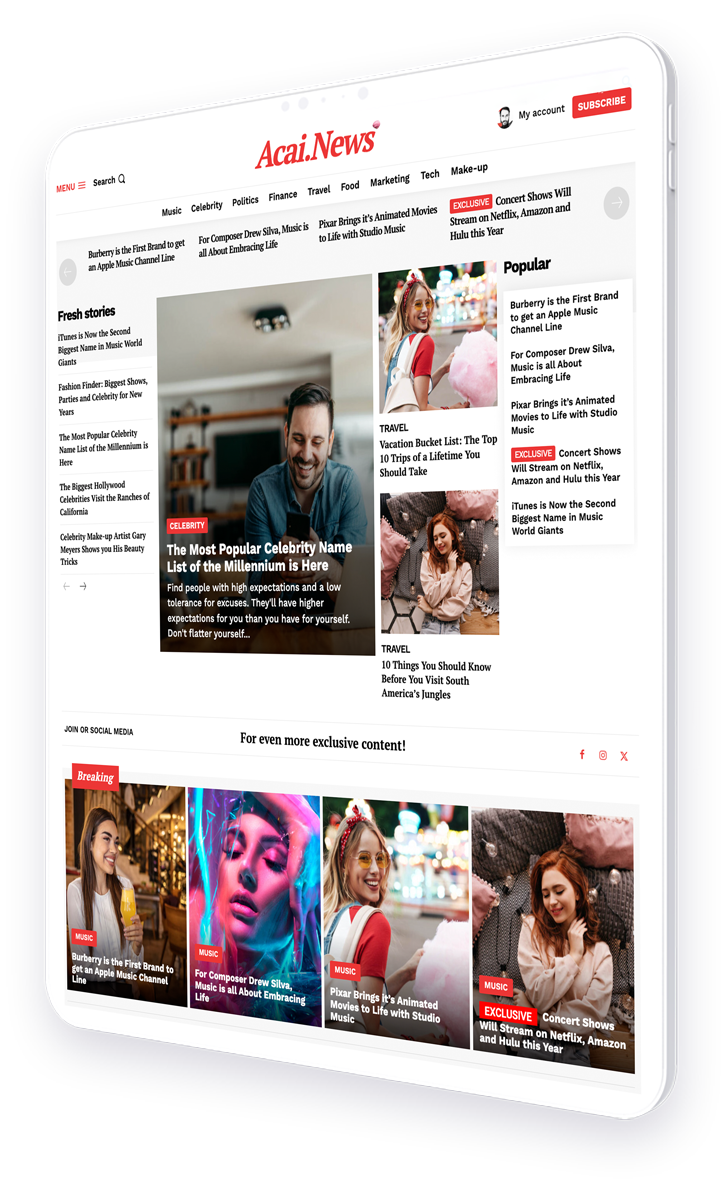A new era in corporate communication
Welcome to the digital transformation of corporate communication. In this detailed exploration, we delve into how the shift from static PDFs to dynamic AI magazines is reshaping the way companies interact with their audiences. This transition not only enhances the aesthetic appeal but also significantly boosts engagement and personalization, paving the way for a new era in corporate communication.
- Overview of Corporate Communication Evolution
- The Impact of AI on Corporate Publishing
- Case Studies: Success Stories in AI Magazines
- Implementing AI in Corporate Magazines
- The Future of AI in Corporate Communication
- Conclusion
Overview of Corporate Communication Evolution
Corporate communication has undergone significant transformations over the past decades. Initially dominated by print media, the advent of the internet introduced digital formats like PDFs, which became the standard due to their ease of distribution and uniform appearance across platforms. However, the static nature of PDFs limits interaction and personalization, which are crucial in today’s fast-paced, digital-first world.
The Impact of AI on Corporate Publishing
Artificial Intelligence (AI) is revolutionizing corporate communication by introducing dynamic elements that can be tailored to individual reader preferences and behaviors. AI-driven magazines offer interactive content such as videos, animations, and real-time data, making them more engaging than ever before.
- Personalization: AI algorithms analyze reader data to deliver content that aligns with individual preferences.
- Interactivity: Enhanced with interactive elements, AI magazines engage users more effectively, increasing retention and satisfaction.
- Analytics: AI tools provide detailed insights into how readers interact with content, enabling continuous improvement.
By leveraging AI, companies can create not just a magazine, but a dynamic communication tool that grows and evolves with its audience.
Case Studies: Success Stories in AI Magazines
Several forward-thinking companies have successfully integrated AI into their corporate magazines, seeing substantial benefits in reader engagement and operational efficiency.
- Case Study 1: A multinational corporation introduced an AI-driven magazine that saw a 50% increase in reader engagement within the first six months.
- Case Study 2: A tech startup used AI to personalize content, resulting in a 30% higher conversion rate compared to their previous PDF-based formats.
These examples underscore the tangible benefits of adopting AI in corporate communications.
Implementing AI in Corporate Magazines
Transitioning from static PDFs to dynamic AI magazines involves several key steps:
- Choosing the Right AI Platform: Select a platform that aligns with your communication goals and integrates seamlessly with existing systems.
- Content Strategy Development: Develop a content strategy that leverages AI capabilities to deliver personalized and interactive content.
- Training and Development: Train your team to understand and utilize AI tools effectively.
With careful planning and execution, the implementation of AI can transform corporate magazines into powerful communication tools.
The Future of AI in Corporate Communication
The potential of AI in corporate communication is vast, with new technologies continually emerging. Future trends may include advanced natural language processing to create content autonomously and sophisticated data analytics for deeper insights into reader behavior.
As AI technology advances, we can expect corporate magazines to become more interactive, personalized, and insightful, driving greater engagement and effectiveness in corporate communication.
Conclusion
The shift from static PDFs to dynamic AI magazines represents a significant leap forward in corporate communication. This evolution not only enhances the aesthetic and interactive appeal of corporate magazines but also offers unprecedented levels of personalization and analytics. As we look to the future, AI is set to play an even more integral role, making corporate magazines not just a means of communication but a robust tool for engagement and data-driven decision-making.
Embracing this new era will require companies to rethink their approach to corporate communication, investing in AI technologies and strategies that will drive their communication efforts forward in this digital age. For more insights into AI’s impact on various industries, visit IBM Watson.
The journey from static PDFs to dynamic AI magazines is just beginning, but it is set to redefine corporate communication in ways we are just starting to imagine.




